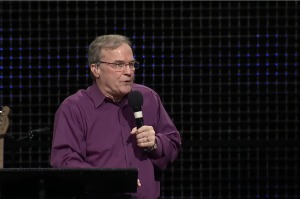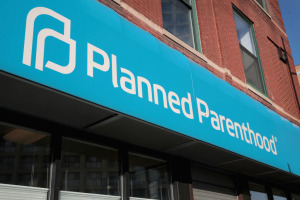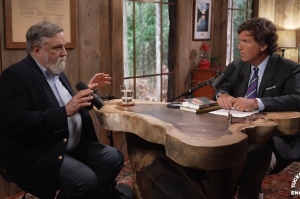New Mexico's Most Populous City Will Allow Residents to Vote on Abortion Ban
The successful campaigning efforts of pro-life groups in Albuquerque, New Mexico have forced the city council to put a 20-week abortion ban up for a vote on the upcoming November ballot. If passed, the ballot measure would be the first municipal abortion ban in the country.
Albuquerque city council members voted by a slim margin of 5-4 Monday to have the "Pain Capable Unborn Child Protection Ordinance" put on the ballot for voters in a special November 19 election. The five-page ordinance illegalizes abortion after 20 weeks of pregnancy within city limits, allowing exceptions only for the mother's health. The measure asserts that unborn fetuses can feel pain throughout their entire bodies at 20 weeks of gestation.
The city council's vote on Monday comes after intensive campaigning efforts by various pro-life groups in Albuquerque, led by Tara Shaver of the Catholic pro-life group Project Defending Life. Earlier in the summer, Shaver led a petition for the 20-week abortion ban that managed to gather an overwhelming 27,000 signatures from Albuquerque voters in a mere 20 days. This number is double the required amount of 12,000 signatures needed to force city council to either approve the law immediately or put it on a ballot for voters. None of the city council members at Monday's meeting were willing to approve the ordinance outright, so they were therefore forced to put it to voters.
The petition supporting the ban was focused on two major abortion clinics in New Mexico's most populous city, including the Southwestern Women's Options clinic that performs abortions in the third trimester of pregnancy, and a Planned Parenthood surgical abortion center.
Pro-life advocates argue that targeting local city governments, instead of state governments, is a new method for having stricter abortion laws passed in the U.S.
"It is a new strategy. There is more than one way to close an abortion clinic," Troy Newman, president of Operation Rescue, a leading U.S. anti-abortion group that helped get the ordinance on the Nov. 19 Albuquerque ballot, told Reuters.
"If you can't get anything done in a state legislature […] you look at what is going on in a city. They say all politics is local. This is a great example of that," Newman added.
Additionally, Cheryl Sullenger, senior policy adviser at Operation Rescue, another pro-life group, told Bloomberg News that if the 20-week-abortion ban passes in Albuquerque, Americans can expect to see similar measures pop up on city ballots throughout the country.
"We will take it to the local level if that is what we need to do," Sullenger told the newspaper. "Let's zone them out. Let's take any opportunity available to us."
Another example of pro-life groups working against abortion at a local level includes pro-life activists in Wichita, Kansas, who have attempted to have the building housing South Wind Women's Center abortion clinic rezoned. The pro-life groups argue that the abortion clinic is in a residential neighborhood and therefore poses a safety risk to residents. The groups went before city council to seek re-zoning for the building that would ultimately shut it down.
Opponents of the 20-week-abortion ban in Albuquerque argue that the ballot measure may require a special election, as a run-off vote for city offices may also fall on November 19, forcing the ordinance to be moved to a special election date. If this happens, opponents of the ballot measure argue a special election would cost taxpayers upwards of $600,000. According to Bloomberg News, Council President Dan Lewis, a Republican, is seeking a mail-in election for the measure to avoid the expense of a special in-person election.
Additionally, pro-abortion groups have argued that even if the ban is passed by vote, it will surely be challenged in court. The Albuquerque Journal notes that similar bans have been struck down in court in Arizona and Utah, and those opposing the measure argue it would be irresponsible to move forward with an ordinance that will surely trigger litigation that could cost taxpayers up to $1 million.
"Every court that's reviewed this type of law has decided it's unconstitutional," Councilor Roxanna Meyers told the local newspaper. "I think it would be irresponsible of us to move forward" with a ballot measure that would surely result in litigation, she added.
The Albuquerque Journal conducted a poll earlier in September that found 54 percent of voters supported the measure and 39 opposed, with a margin of error of plus or minus 4.9 percentage points. Since 2010, abortion bans after 20 weeks of pregnancy have been passed in at least 10 states, although some of these states have seen their laws blocked in court.




























